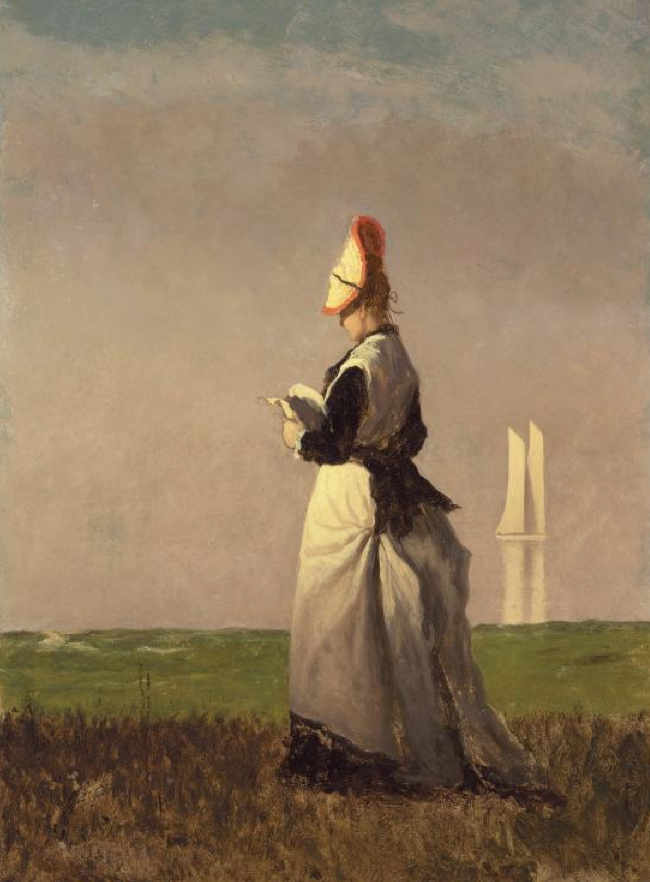‘I always keep three books going–a stiff book, a moderately easy book, and a novel, and I always take up the one I feel fit for!’
–‘Mother Culture’ Parents’ Review, Vol. 3, 1892.

What is Mother Care?
There is no sadder sight in life that a mother, who has so used herself up in her children’s childhood, that she has nothing to give them in their youth. (Parents’ Review, 1892/93, pgs. 92-95, emphasis mine)
Is there a need for Mother Care?
It is written somewhere, “A mother is only a woman, but she needs the love of Jacob, the patience of Job, the wisdom of Moses, the foresight of Joseph, and the firmness of Daniel.” But a mother has not only to have all these things; she must have them all at once.
Before she marries, she pictures to herself little of the extreme difficulties of managing that most complicated of machines, a household—not for one week only, during her mother’s absence, but for year after year, without stop or stay, for the rest of her time…How very much the case is complicated when a wholly untried responsibility comes upon her, and not only her own health, but that of another depends on how she manages her life. And then, perhaps, just as she is grasping the situation, and one child fills her whole heart, more room is wanted, and more and more…The management of expenditure goes on, the desire to be more than ever her husband’s companion grows stronger and stronger…Then it is that, in her efforts to be the ideal wife, mother, and mistress, she forgets that she is herself. Then it is, in fact, that she stops growing. (ibid)
What can Mother Care offer to the education of children?
A mother is a person, too. And a better person will be a better teacher.
[One] must teach from a flowing stream, not from a stagnant pool. (The Story of Charlotte Mason, p. 288)
You are like mountain streams making your way into the plains in a very definite sense, because, though the mountains are for delight and inspiration, it is in the plains men live and work. (L’Umile Pianta, 1907-1909)
Do not for a moment suppose that you can warm yourselves and others for months together on the original stock you brought from [college]. Everyday new thoughts that burn must be supplied or the fire will out and present the dreariest of spectacles, a desolate hearth. (L'Umile Pianta, 1896)
Of course, no life lives upon itself; daily intellectual bread is necessary to sustain our vitality, and, though much of this is supplied to you in your children’s studies, I am sure you feel the necessity for steady reading. I say I am sure, because the bright eye, and intelligent countenance, the keenness and alertness you bring with you to your conferences show that you are not suffering from that depressing ailment, intellectual inanition. (L’Umile Pianta, 1907-1909)
Just because our principle is that the children rather than the teacher shall do the work, we may be tempted to sit by and see them do it, forgetting that it is our part to give impetus to their thought, not by much talk, but by our own alertness of mind, ready sympathy, and thorough knowledge of a subject. (ibid)
What is it, exactly?
It is a mother attending to her own self-education.
Study. I know that all good teachers have some little study each day in preparing for the next day’s work, but, besides this, study some two or three subjects, definitely on your own account. Do not think this a selfish thing to do, because the advantage does not end with yourself. Every hour of definite study enriches your mind and increases your power, so that, the more you study in your spare time, the more there is in you to bestow upon your pupils. (L’Umile Pianta, January 1986)
Visit here to see what is in store for the year!